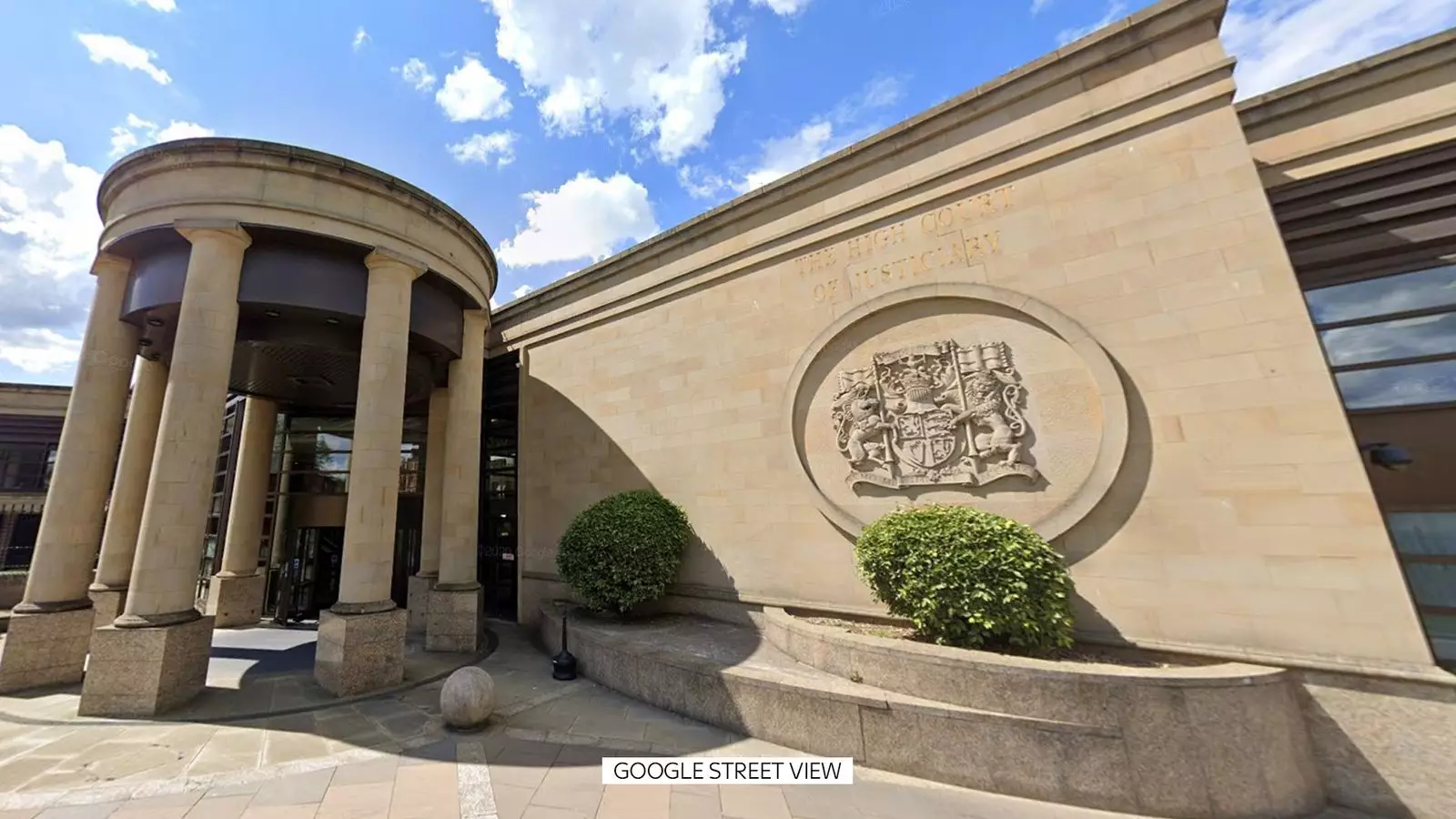In a stark reminder of how deeply power and trust can be corrupted, the case of Stephen Doohan exposes a horrifying breach of moral and professional boundaries. A paramedic, tasked with safeguarding lives and health, transformed into an agent of manipulation and harm. His actions extend beyond personal betrayal—they are an assault on societal trust in healthcare professionals. The fact that someone in such an esteemed position could abuse authority to secretly administer an abortion drug during intimacy reveals a disturbing culture of unchecked privilege and entitlement. This case challenges us to scrutinize the systems that allow such breaches to occur and question whether sufficient safeguards are in place to protect vulnerable victims from exploitation by those who are supposed to serve them.
The abuse of professional authority for personal, malicious purposes underscores an urgent need for reform within healthcare and emergency services. When professionals stray from their ethical obligations, they do irreversible damage—not only to the immediate victim but also to the faith the public places in institutions meant to protect their well-being. This scandal signifies a failure at multiple levels: a failure of oversight, a failure of ethical standards, and a failure to recognize the potential for abuse inherent in unequal power dynamics. It compels us to advocate for stricter monitoring, better training, and a cultural shift that prioritizes accountability over superficial appearances.
The Psychological Toll and Societal Implications
While the legal repercussions for Doohan are severe—over ten years behind bars—the real damage runs far deeper. The victim in this case faces long-term psychological scars, echoes of betrayal that will reverberate throughout her life. The judge’s acknowledgment of “long-term psychological injury” captures the profound harm inflicted. The clandestine nature of the abuse, coupled with the manipulation involved—such as convincing her to lie to medical professionals—prolonged her suffering, compounding feelings of betrayal, guilt, and helplessness.
This case not only highlights individual trauma but also raises broader questions about societal vulnerabilities. Women, in particular, are vulnerable to exploitation by those entrusted with their care and safety. It is imperative for society to recognize and address the systemic factors that enable such abuse—whether it’s insufficient oversight of medical professionals, inadequate support systems for victims, or cultural taboos that discourage speaking out. The victim’s bravery in coming forward should serve as a rallying cry for more robust protections and open conversations about misconduct in sensitive environments.
Moreover, the case casts a harsh light on the importance of consent and autonomy. Doohan’s clandestine actions violate these principles egregiously, demonstrating how authority can be manipulated for malicious ends. Society must reaffirm its stance that trust in healthcare and emergency services is sacred and inviolable, and any breach must be met with unequivocal consequences.
Legal Consequences and the Need for Justice
The harsh sentencing—10 years and six months in prison—reflects society’s condemnation of such gross misconduct. However, the length of the punishment, while appropriate, can scarcely undo the damage. It serves as a stern reminder that breaches of ethical boundaries within healthcare are not only professional misconduct but also criminal offenses that threaten societal stability.
The legal process also underscores the importance of vigilance and accountability. Doohan’s use of work resources to plan and execute his malicious scheme—searching for abortion drugs on a work intranet—demonstrates premeditation and abuse of trusted credentials. His placement on the sex offender registry and his ban from contacting the victim are necessary steps toward justice, yet they cannot erase the betrayal or the violation of trust incurred.
This case must prompt a reevaluation of how health services monitor and prevent misconduct among staff. Regular psychological evaluations, transparent reporting channels, and a culture that encourages whistleblowers are essential components of a comprehensive strategy to prevent similar incidents. Justice is a multifaceted construct, and while the criminal sentence is paramount, systemic changes are equally vital to ensure that public confidence in medical and emergency services is restored and preserved.
Moving Forward: A Call for Ethical Vigilance
Ultimately, the Doohan case exposes a grave societal failing: the failure to safeguard vulnerable individuals from those wielding authority for malevolent purposes. It demands a collective response—one that combines legal accountability with cultural reform. Society must reinforce the importance of ethical integrity, especially among professionals entrusted with life-and-death decisions.
Protecting victims requires more than reactive measures—it demands proactive vigilance. Medical institutions and emergency services must cultivate environments where misconduct is swiftly identified and eradicated. Education on ethics, regular audits, and fostering an open culture where victims feel empowered to speak up are critical steps. Only then can we hope to prevent future tragedies born of betrayal and abuse.
This case also provokes reflection on the societal norms that allow such exploitation to flourish unnoticed. Power imbalances, gender vulnerabilities, and the stigma surrounding sexual violence must be addressed head-on. Creating an environment where trust is respected and accountability is standard is an ongoing challenge but an essential one.
While justice has been served in this instance, the scars it reveals run deep within our societal fabric. The path forward lies in acknowledging these failures openly and committing unwaveringly to reform. We owe it to victims—and to the integrity of our communities—to build a future where such breaches are fiercely suppressed and swiftly condemned.


Leave a Reply